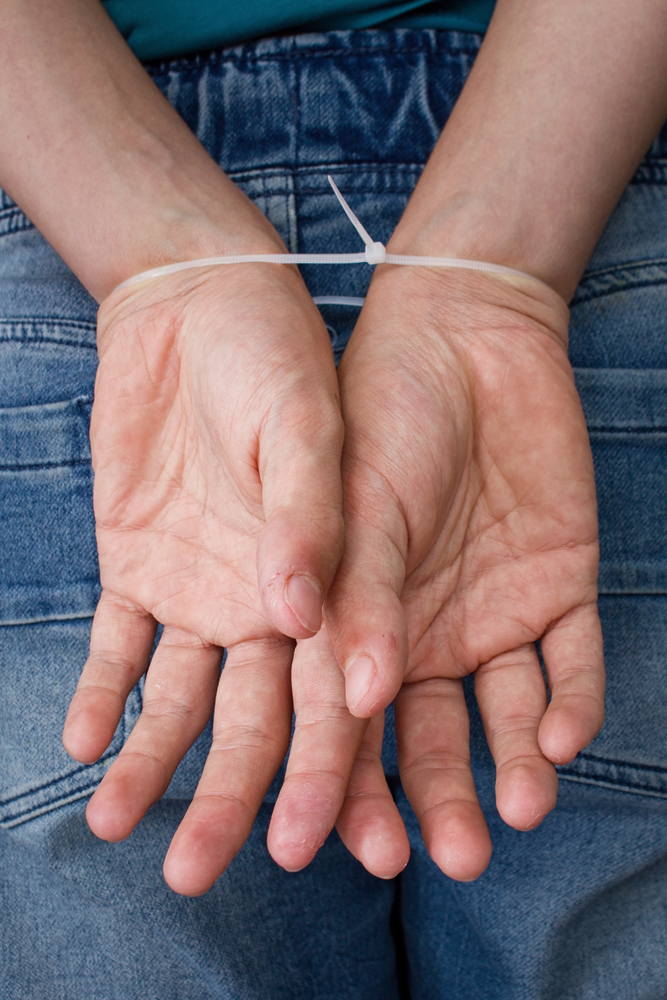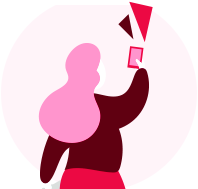People can usually manage all types of anxiety successfully by using a combination of lifestyle changes, medications, and therapy rather than alcohol. It can make social situations easier, and problems seem less daunting. In many cases, it is unclear whether alcohol causes anxiety or if anxiety makes a person more likely to drink alcohol. The review authors reported that reducing alcohol intake could improve people’s self-confidence, physical and mental quality of life, and social functioning. In this article, we look at the links between alcohol and anxiety, the risks, and how to manage anxiety and alcohol in daily life.
It is not recommended to use alcohol as a coping mechanism to avoid panic attacks and feelings of anxiety, as this can make the initial problem worse in the long term. Alcohol acts as a sedative, often lowering the feelings of anxiety or panic that you may be experiencing. If you automatically reach for alcohol as soon as you notice the impending symptoms of a panic does alcohol cause panic attacks attack, you may believe that this substance calms you down and prevents you from spiralling. Alcohol use disorder (AUD) is a common addiction, affecting nearly 15 million adults in the United States. While alcohol dependence can be devastating to one’s health, it can also impact a person’s relationships, including the most meaningful people in their life.
Treatment Options For Alcohol Use Disorder
If you rely on alcohol to mask anxiety, you may find you become reliant on it to relax – putting you at risk of alcohol dependence. The withdrawal period normally peaks 72 hours after the blood alcohol level drops. The effects of withdrawal often ease 5 to 7 days after drinking ends. Additionally, panic attacks can be triggered because of the effect alcohol has on GABA, another brain chemical that normally has a relaxing effect.
Most people also feel this type of anxiety when they have to speak in public or perform socially in any way. You might feel anxious that you will be judged by other people in some way. You might feel more depressed and anxious, and find yourself reacting very differently to normal everyday situations. Although there is no evident source for anxiety, these symptoms are interpreted by the brain as stress and worry due to biofeedback. Thus, small things may easily upset them, and certain words or actions may be misunderstood. Something that would normally be ignored will now trigger paranoia and panic.
Alcohol and Anxiety the Next Day
In fact, studies which have looked into the brain images of excessive drinkers found huge abnormalities in the brain’s amygdala [3]. This is because alcohol has a negative effect on a part of the brain called the amygdala. This part of your brain is responsible for dealing with emotions and negative thoughts. However, many people think that wine and beer seem to cause less anxiety in people than other hard liquors such as vodka do. There has been no study that says that one type of alcohol causes anxiety more than another type of alcohol. For example, being in a traumatic accident might mean that you experience anxiety for months or even years to come.

0 Comments
Leave a reply
You must be logged in to post a comment.





